The Polish Parliament is currently processing a bill to amend the VAT Act of 11 March 2004. The proposed changes involve the rules entitling taxpayers to deduct from output VAT …
The Polish Parliament is currently processing a bill to amend the VAT Act of 11 March 2004. The proposed changes involve the rules entitling taxpayers to deduct from output VAT the input VAT on intra-Community acquisitions, imports of services, and all other transactions where the purchaser is the VAT payer (reverse charge). The bill provides that it would enter into force on 1 January 2017 and apply from the first VAT settlement for 2017.
The purpose of the proposed changes is to subject the taxpayer’s right to reduce the amount of output VAT by the amount of input VAT in the case of transactions referred in Art. 86(2)(4) of the VAT Act to the prior condition that the amount of the output VAT on the transaction has been settled in the relevant tax return. The transactions referred to in the cited section include:
- Delivery of services for which the taxpayer is the recipient, e.g. an import of services
- Supply of goods for which the taxpayer is the buyer, e.g. delivery with assembly or purchase of goods mentioned in Appendix 11 to the VAT Act (ferroalloys, gold, waste paper and plastic, laptops, mobile phones)
- Intra-Community acquisition of goods, including movement of own goods.
If these changes to the VAT Act are adopted, the taxpayer’s right to deduct input VAT on these transactions in the month of settling the output VAT will be subject to prior settlement of the output VAT in the VAT return for the month in which the tax point arose, but no later than 3 months from the end of the month when the tax point arose. However, according to the proposed new Art. 86(10i) of the VAT Act, if the taxpayer does not settle output VAT by filing a corrected VAT return within the aforementioned period, the input tax may only be deducted in the declaration for the period for which the time for filing a tax return has not yet expired.
Example
Tax point date → 7 April 2017
↓
Invoice received in October 2017
(before preparing the declaration for September 2017)
↓
Obligation to settle output VAT → April 2017
↓
Right to deduct input VAT → September 2017
↓
To summarize, if the bill is passed, from January 2017 in the case of any overdue settlements the right to deduct input VAT will arise later. In consequence, this would require payment of higher output VAT and interest on possible tax arrears. In the example given above, if the invoice/transaction details were provided within 3 months from the end of the month in which the tax point arose (i.e. by the end of July 2017), the output and input VAT could be declared in the same month, April 2017.
Daniel Więckowski
KR Group TAX team

